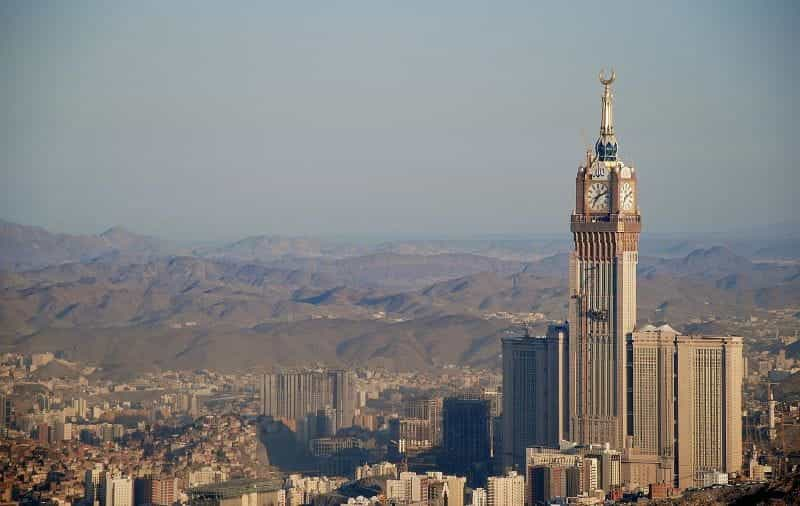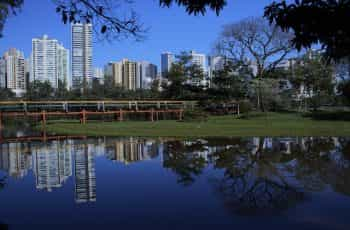Saudi Arabia Building $440bn City to Host Asia Winter Games in 2029
The Saudi’s have been selected to host the next Asia Winter Games in 2029. The massive construction project to facilitate the event will break ground at the end of this year, and the aim is to build a new mega-city in the middle of the desert in order to host the event. Costs are already skyrocketing, and the final bill to install sub-zero domes, ski-slopes, ice-rinks and the like – is expected to be north of $440 billion.

The futuristic city built in Trojena is due to complete in 2026, and will be the host of the 2029 Winter Olympics – the first time the event has been hosted in west Asia. ©GLady/Pixabay
The announcement that the Saudi Arabian bid had been successful and had been approved by the Olympic Council of Asia unanimously didn’t come as a surprise to many. It’s part of a long-evolving trend initiated by the Saudi government to bring more sports in-land. The massive increase in huge international events has seen major boxing bouts, WWE, and Formula 1.
The event that begins in 2029 is due to take place in brand new mega-city due to complete in 2026. The Neom City in Trojena will be a futuristic metropolis in the heart of the Saudi Arabian desert. This luxurious tourist spot will be home to endless amenities – and come packed full of the essential venues to host the incredible range of sports that the Winter Olympic Games promises to deliver.
Geographically, the city will be well-positioned to deal with the temperatures that are required to keep the event venues cool enough. Trojena sits on a peninsula of Saudi Arabia where temperatures are much cooler than the rest of the country. In winter the temperatures are known to easily drop below zero degrees, giving the region an average temperature 10 degrees cooler than the rest of the country.
Neom City Part of Broader Vision for Saudi Arabia
Winning the bid to host these games gives a tremendous boost to the sport sector of the West Asian country – and continue the momentum the Crown Prince has been building on. The project fits into a broader vision Saudi Arabia has to diversify its income away from oil. The 2030 development plan takes sport as one of its key driving forces to enable this diversification to manifest itself.
Whilst this is a noble aim, and sport will undoubtedly be a driving force for good within Saudi Arabia, the known fact that the regime uses sports to clean its public image, a concept often referred to as sport-washing, is not lost on some people. The dreadful human rights record of Saudi Arabia draws a lot of criticism from the west – but in a commercial sense, the expansion plans make a lot of sense. Growing the sport in a new market is far easier than trying to expand in regions where Winter Olympics and their popularity may have already reached a saturation point.
On the sustainability aspect, there is no version of a Winter Olympics in Saudi Arabia that will be environmentally friendly. The construction and maintenance of the venues will cost enormous levels of energy and resources. Moreover, the travel between venues will be over long distances, meaning non-motorized mechanisms to move crowds and athletes around wouldn’t be possible.
In any case, the event being awarded to Saudi Arabia is a huge win for the popularity of the country’s leadership – who are beginning to build a name for themselves as the progressive types that want to re-position Saudi Arabia as a place for high-level sporting greatness. Hosting major boxing bouts like the Joshua vs Usk, the LIV Golf Series, and the purchase of Newcastle United are all driving forces to that end.



